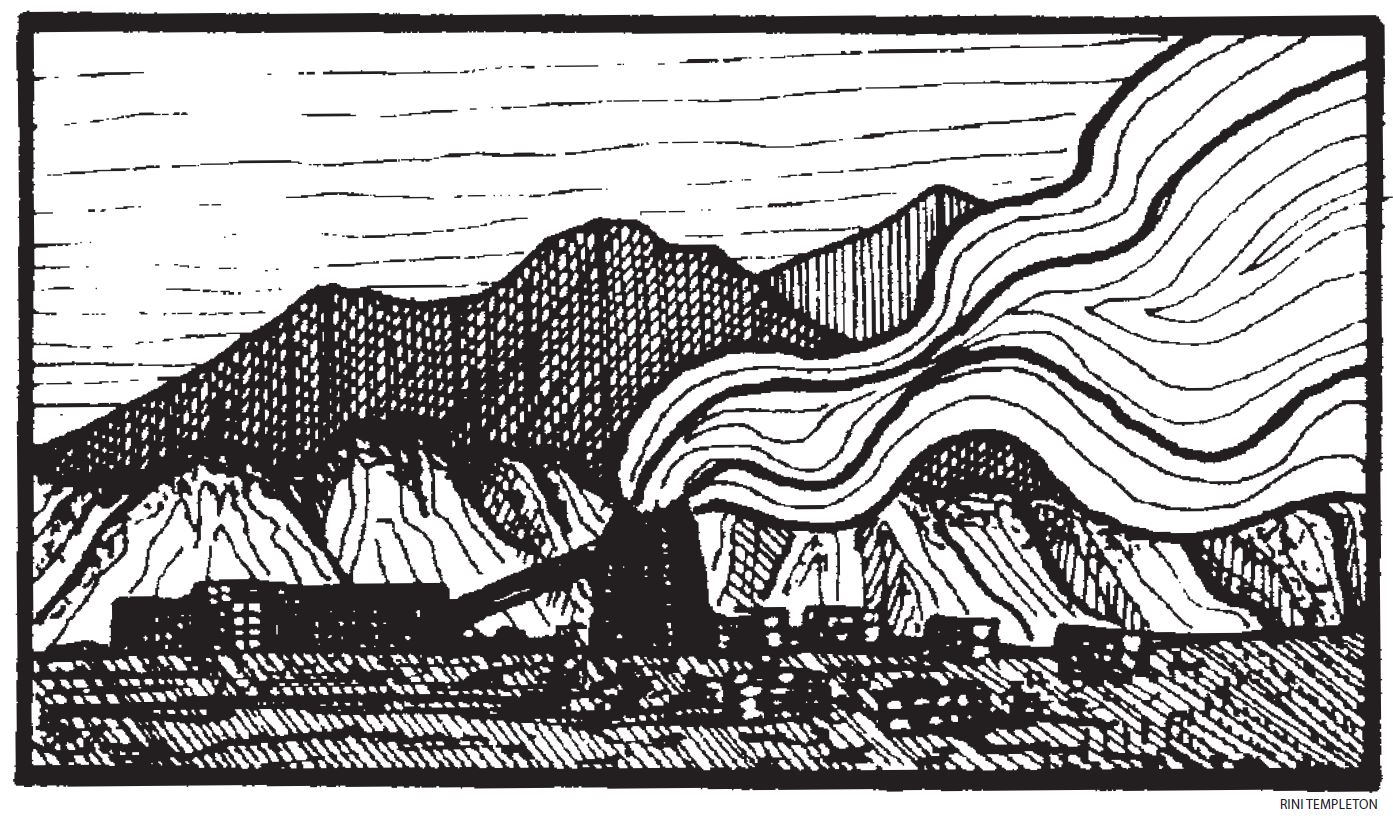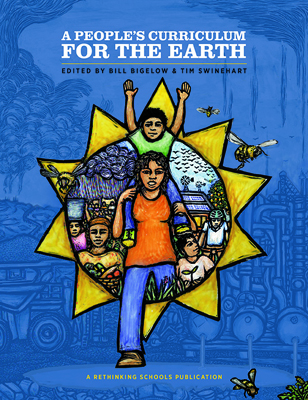Pulling from A People’s Curriculum for the Earth, my class has used the reading “Plastics and Poverty” by Van Jones as well as the Climate Change Mixer in two, semester-long interdisciplinary learning expeditions.
Our first expedition circled around the ideas “power and privilege,” where we looked at Oregon’s history of inequities, and how systemic oppression shapes the communities we live in. This lesson plan and the discussion following helped students grasp the connection between harmful products, industry and people experiencing poverty.
Students made a tangible connection to the “Plastics and Poverty” reading when participating in a series of clean ups around our school, where there are several homeless camps tucked into the the trees and vacant lots. The plastic waste in our high desert climate disintegrates rather rapidly, and breaks down into the soil at a level where it can be hard to even remove it. Seeing all of this plasticizing of our soils, and human suffering directly out our door caused these students to make a shift in our curriculum as they saw the need to study both homelessness, and pollution in a greater depth in order to support the people in need in our community.
Our learning expedition culminated in an evening of fundraising, cold weather clothing donations, and presentations about systems of inequity in Oregon, and the leaders of change that are making a difference.








Twitter
Google plus
LinkedIn